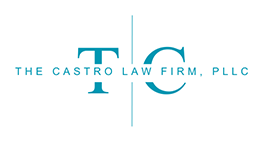If your parents passed away, you may know that their assets are going to be transferred on to their chosen beneficiaries. Ideally, they will have an estate plan to define who these individuals are. Otherwise, state laws take effect and assets are typically transferred to direct descendants or a surviving spouse.
But what about your parents’ debts? If they have remaining debt, do you also inherit that? Would you have to pay their credit card bills, pay off their mortgage or pay their final property taxes to the government? This is already a stressful time, and do you now have to worry about a lot of debt you are suddenly responsible for?
The estate should pay the debt
Ideally, your parents’ estate itself will simply handle this debt. The estate executor takes an inventory of everything that is listed in the estate plan and everything your parents own. They pay off any debts or other financial obligations, and then they pass the remaining assets on to the beneficiaries.
If you are the estate executor, this still doesn’t mean that you are responsible for personally paying these debts. You would just use the money remaining in your parents’ estate. Unless you cosigned on a loan with them or something of this nature, the debt does not become your personal obligation.
But it can remove funds from the estate, meaning you may inherit less than you would have otherwise. If your parents left you $100,000 but they still have $30,000 in debt, you may only receive the remaining $70,000.
The financial side of an estate can get complicated. This is why it’s so important to understand your legal rights.
